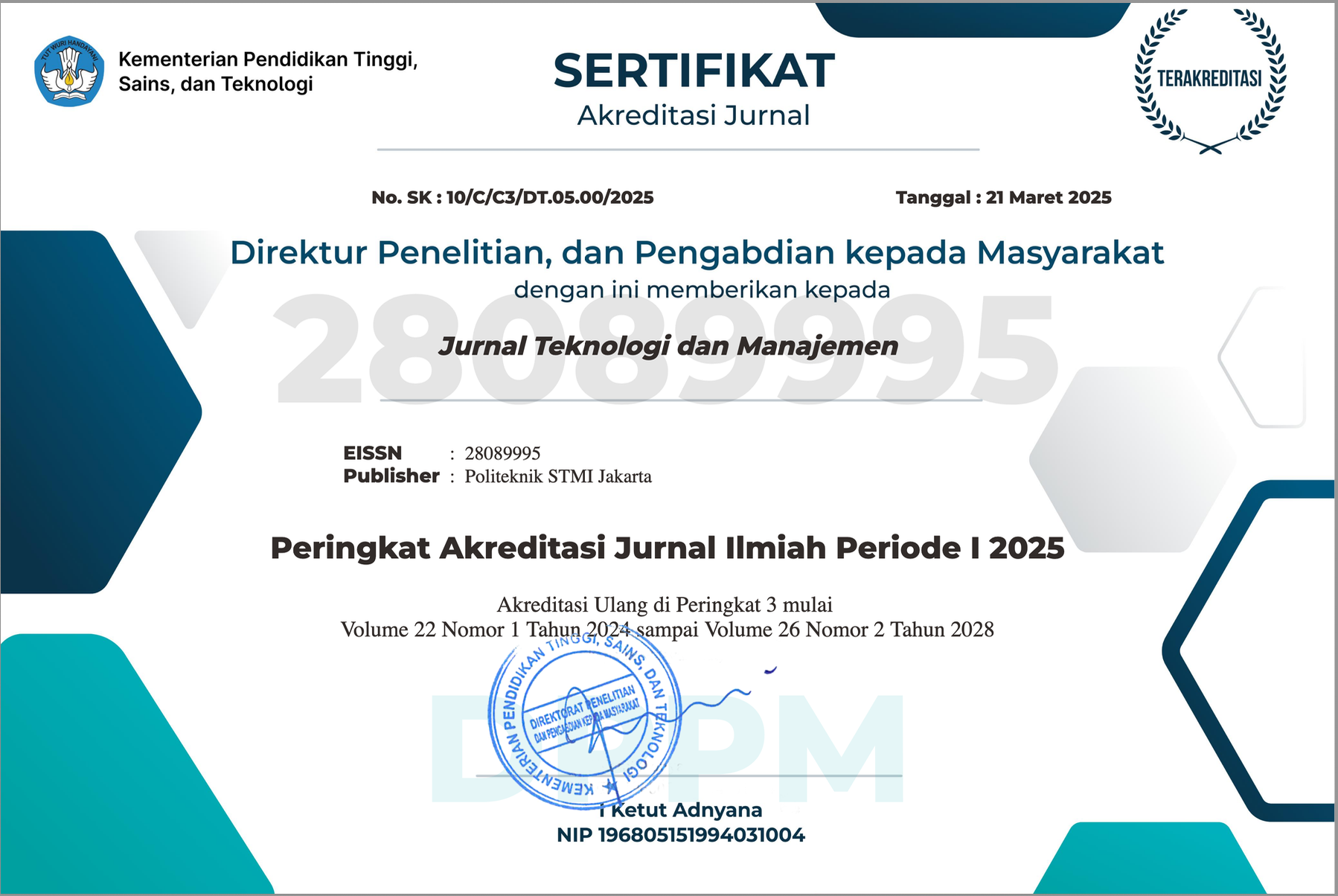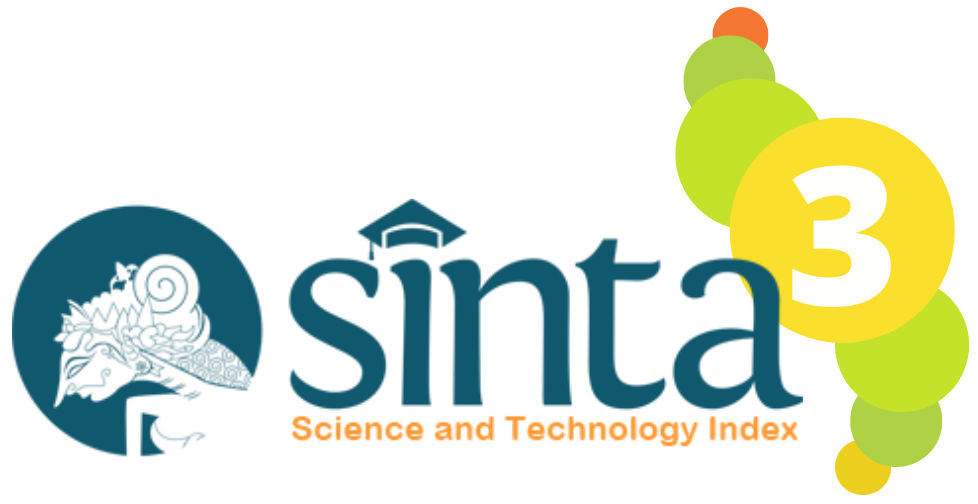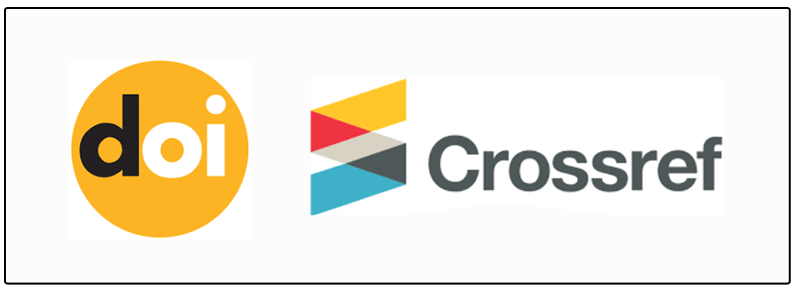Preliminary Study Analysis of 3D Printing Process Of Artificial Vascular Models Using Additive Manufacturing
DOI:
https://doi.org/10.52330/jtm.v22i1.221Keywords:
Additive manufacturing, build orientation, stereolithography, post processingAbstract
Manufacturing technology is developing very rapidly, especially in the production process production process. One of them is the emergence of additive manufacturing technology. One type of additive manufacturing is stereolithography (SLA) which is applied in the world of health. Many factors in the success of the print process of additive manufacturing technology. One of the important factors is the process parameter, namely build orientation. In addition, post processing is also an influential factor in production success. This research analyses the best production process by looking at the effect of print position at 0°, 45° and 90°. This research is applied to This research uses experiments by printing the product. printing the product. The material used is a flexible material, Anycubic Though Resin, with the help of a 3D printer, Anycubic Photon Monon. printer Anycubic Photon Mono X. The printing process uses the same parameters in the 0°, 45° and 90° positions. The three positions produce defective results that are not significantly different, with the most optimal results obtained at the 0° position. However, support settings must be considered because they affect the success of the product as well as the amount of resin used. The study also found that the best post processing is resin cleaning without the use of rotating machine and without the use of curing. This is because it will damage the the product and change the mechanical properties.
References
Asif, M., Lee, J. H., Lin-Yip, M. J., Chiang, S., Levaslot, A., Giffney, T., Ramezani, M., & Aw, K. C. (2018). A new photopolymer extrusion 5-axis 3D printer. Additive Manufacturing, 23, 355–361. https://doi.org/10.1016/j.addma.2018.08.026
Bekas, D. G., Hou, Y., Liu, Y., & Panesar, A. (2019). 3D printing to enable multifunctionality in polymer-based composites: A review. In Composites Part B: Engineering (Vol. 179). Elsevier Ltd. https://doi.org/10.1016/j.compositesb.2019.107540
Borhani, S., Hassanajili, S., Ahmadi Tafti, S. H., & Rabbani, S. (2018). Cardiovascular stents: overview, evolution, and next generation. In Progress in Biomaterials (Vol. 7, Issue 3, pp. 175–205).SpringerOpen. https://doi.org/10.1007/s40204-018-0097-y
Burgade, R., Uhl, J. F., Delmas, V., de Mont-Marin, G. D., Rosset, P., & Le-Nail, L. R. (2021). Use of 3D printing as a simulation tool for trauma surgery of the pelvis. Annals of 3D Printed Medicine, 3. https://doi.org/10.1016/j.stlm.2021.100025
Canellidis, V., Giannatsis, J., & Dedoussis, V. (2009). Genetic-algorithm-based multi-objective optimization of the build orientation in stereolithography. International Journal of Advanced Manufacturing Technology, 45(7–8), 714–730. https://doi.org/10.1007/s00170-009-2006-y
Dai, L., Cheng, T., Duan, C., Zhao, W., Zhang, W., Zou, X., Aspler, J., & Ni, Y. (2019). 3D printing using plant-derived cellulose and its derivatives: A review. In Carbohydrate Polymers (Vol. 203, pp. 71–86). Elsevier Ltd. https://doi.org/10.1016/j.carbpol.2018.09.027
Das, S. C., Ranganathan, R., & Murugan, N. (2018). Effect of build orientation on the strength and cost of PolyJet 3D printed parts. Rapid Prototyping Journal, 24(5), 832–839. https://doi.org/10.1108/RPJ-08-2016-0137
Etami, H. V., Rismawanti, R. I., Hanifah, V. A. N., Herianto, H., Yanuar, Y., Kuswanto, D., Anggrahini, D. W., & Gharini, P. P. R. (2022). CT-Derived 3D Printing for Coronary Artery Cannulation Simulator Design Manufacturing. Bioengineering, 9(8). https://doi.org/10.3390/bioengineering9080338
Fitski, M., van de Ven, C. P., Hulsker, C. C. C., Bökkerink, G. M. J., Terwisscha van Scheltinga, C. E. J., van den Heuvel-Eibrink, M. M., Mavinkurve-Groothuis, A. M. C., van Grotel, M., Wijnen, M. H. W. A., Klijn, A. J., & van der Steeg, A. F. W. (2022). Patient-specific hydrogel phantoms for the preoperative simulation of nephron-sparing surgery in Wilms’ tumor patients: A feasibility study. Annals of 3D Printed Medicine, 8. https://doi.org/10.1016/j.stlm.2022.100077
Huang, J., Qin, Q., & Wang, J. (2020). A review of stereolithography: Processes and systems. In Processes (Vol. 8, Issue 9). MDPI. https://doi.org/10.3390/PR8091138
Jeong, Y. G., Lee, W. S., & Lee, K. B. (2018). Accuracy evaluation of dental models manufactured by CAD/CAM milling method and 3D printing method. Journal of Advanced Prosthodontics, 10(3), 245–251. https://doi.org/10.4047/jap.2018.10.3.245
Piedra-Cascón, W., Krishnamurthy, V. R., Att, W., & Revilla-León, M. (2021). 3D printing parameters, supporting structures, slicing, and post-processing procedures of vat-polymerization additive manufacturing technologies: A narrative review. In Journal of Dentistry (Vol. 109). Elsevier Ltd. https://doi.org/10.1016/j.jdent.2021.103630
Ren, L., Zhou, X., Song, Z., Zhao, C., Liu, Q., Xue, J., & Li, X. (2017). Process parameter optimization of extrusion-based 3D metal printing utilizing PW-LDPE-SA binder system. Materials, 10(3). https://doi.org/10.3390/ma10030305
Shahrubudin, N., Lee, T. C., & Ramlan, R. (2019). An overview on 3D printing technology: Technological, materials, and applications. Procedia Manufacturing, 35, 1286–1296. https://doi.org/10.1016/j.promfg.2019.06.089
Shen, H., Ye, X., Xu, G., Zhang, L., Qian, J., & Fu, J. (2020). 3D printing build orientation optimization for flexible support platform. Rapid Prototyping Journal, 26(1), 59–72. https://doi.org/10.1108/RPJ-09-2018-0252
Stefano, G., Salvatore, P. G., Alba, S., Silvia, V., Vincenzo, T., & Federica, T. (2022). 3D Stereolithography for hollow cerebral aneurysm models. Procedia CIRP, 110(C), 203–207. https://doi.org/10.1016/j.procir.2022.06.037
Wang, Y., Blache, R., & Xu, X. (2017). Selection of additive manufacturing processes. Rapid Prototyping Journal, 23(2), 434–447. https://doi.org/10.1108/RPJ-09-2015-0123
Downloads
Published
How to Cite
Issue
Section
License
Copyright (c) 2024 Jurnal Teknologi dan Manajemen

This work is licensed under a Creative Commons Attribution-NonCommercial 4.0 International License.



















